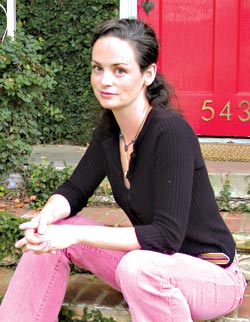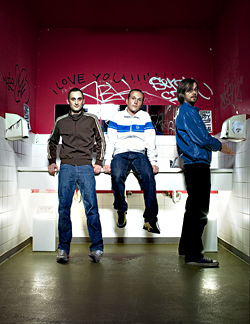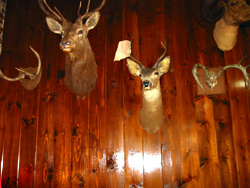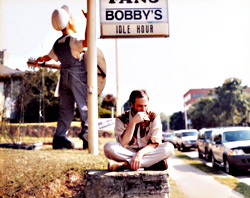No one writes letters anymore. Not a new observation, but one that bears repeating in our age of e-mail and text messaging. And why not put pen to traditional paper, when letters allow a person to open up, with time and deliberation, with an intimate correspondent? Equal parts Annie Hall and Love Letters, this epistolary novel follows two smitten thirtysomethings with more education than common sense. And even more libido. The anxious protagonists of this collaboration between Steve Almond (Candyfreak) and Julianna Baggott (Girl Talk) are John and Jane, who arrive separately at a friend’s Philadelphia wedding and nearly consummate their meet-cute in a coat closet. Instead of ruining a potentially meaningful relationship with instant gratification, they subsequently get to know each another the old-fashioned way, writing letters—not simply flirting or using MySpace.com. (Almond writes all John’s letters, as Baggott does Jane’s; they also supply prologues and postscripts for their characters.)
At the novel’s neurotic heart is the idea that our romantic relationships form us, and ready us for the next one in line. Jane is a wild-child Jersey girl content to hide behind her toughness, but on paper able to expose her tenderness through ruminations on family—a malcontent mother and distant father—and former loves, including an open marriage and a brief engagement to an urbane banker. John stumbles through relationships with, among others, a feisty single mother and an impressionable New York gallerina during a stint as a nouveau-riche downtown photographer.
Their alternating stories, occasionally breezy but with dark revelations lurking in the third act, could be lifted directly from NPR’s This American Life: He’s maced by a postal worker while attempting to recover a missive penned while drunk; her college boyfriend suffers a library breakdown with a box of melting ice-cream bars. Unfortunately, the letters are also pocked with the radio program’s stammering jive talk. But banter is relationship currency, and John and Jane have obvious chemistry, more Alvy and Annie than Abelard and Heloise. The novel is rich in anecdote, less so in substance. These two correspondents learn there’s a risk to revealing too much about oneself, but haven’t we all made the same mistake on cell phones and in smoky bars? Their experience speaks for plenty of Internet daters who think they’ve found the perfect, compatible mate. As John writes, they may find that over time they know “too much about each other and not nearly enough.”








